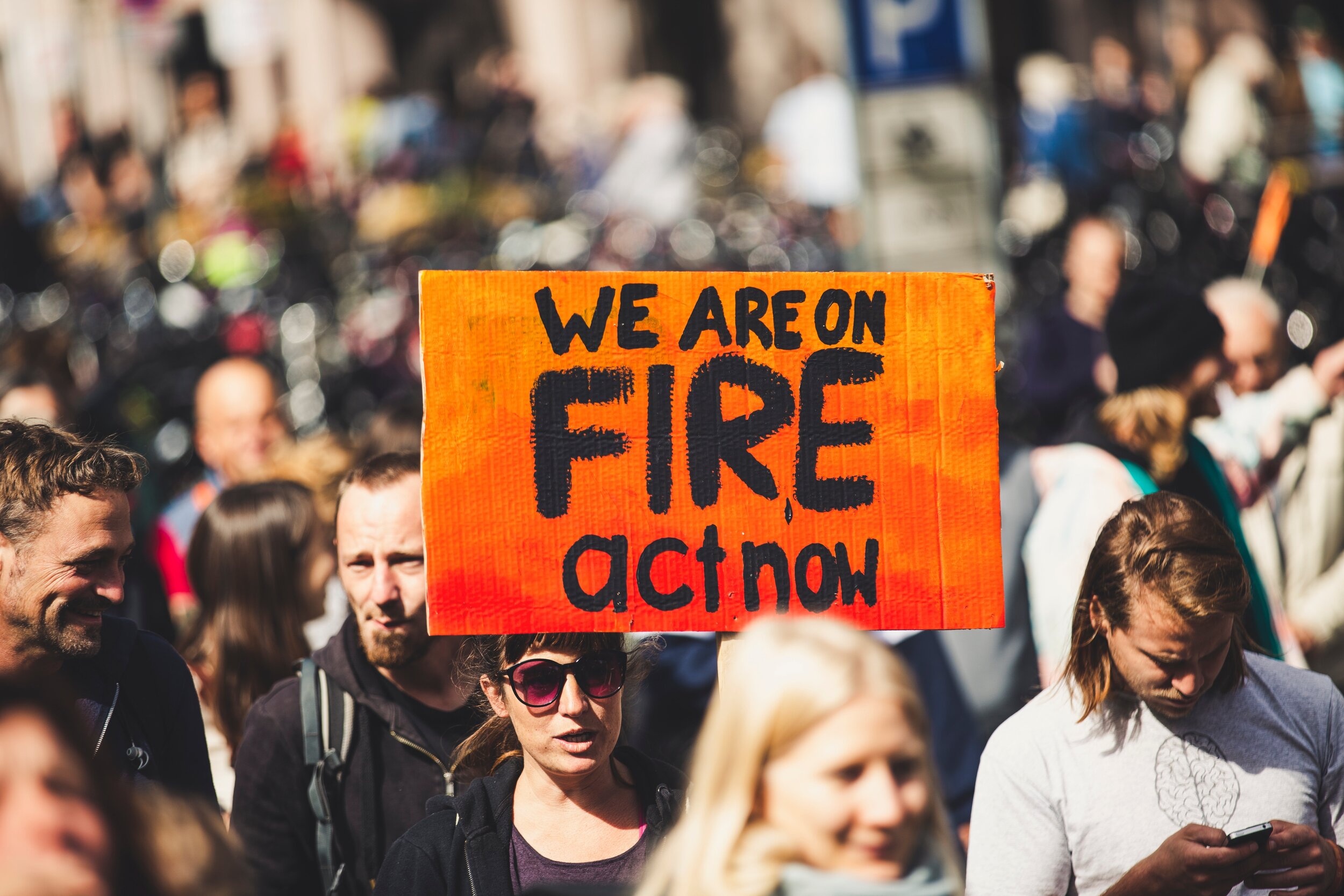Edition 4
If you have a particular interest in one or more of the below topics, be sure to check out the Additional Resources section further down the page.
Select one of the images below to start reading!
A collaborative approach to refugee resilience
In this exciting interview Linde Lamboo and Brad Short from Same Skies offer insight into an approach to empowerment that directly engages and strengthens the capacity of refugees across the world. We also had the chance to hear from two refugees in both Indonesia and Malaysia, shedding light on their perspectives of their situation.
In partnership with Same Skies
Mitigation or adaptation: is there a right way to tackle climate change?
With lives, entire economies, cultures and countries at risk, we have begun categorising responses to climate change into adaptation and mitigation strategies- but is one better? How should we approach the threat of climate change, and is there a trade-off if we prioritise one over the other? Ben brings the numbers and research with him as he takes a deeper look into climate strategy.
Ben Griffiths | Vice President of Operations
Financial inclusion in the Philippines: an inside look into microinsurance
Despite our geographic proximity, the stark difference of the Filipino economy when compared to that of Australia results in different needs for consumers and business owners. What is the microinsurance industry, and how is it changing? Faith and Jade speak from their experience as Initiatives consultants working with a Filipino client to answer these questions.
Faith Lee | Vice President of Initiatives
Jade Vergara | Project Leader
Reading
Two of the three minds awarded the 2019 Nobel Economics Prize are the co-authors of Poor Economics, a book that sheds light on poverty and the behaviour of poor people, integrating Duflo and Banerjee’s extensive and experimental research in this field. Duflo and Banerjee address a range of misconceptions surrounding poverty to encourage a reinterpretation of approaches to poverty.
Intergovernmental Panel on Climate Change (IPCC)
Want to know more about the data behind it all? The IPCC is a leading international organisation operating under the United Nations framework, comprising a global pool of researchers responsible for regularly assessing the scientific basis of climate change. Through extensive data analysis, findings are translated into impact predictions, as well as the creation of mitigation and adaptation pathways. The IPCC Assessment Reports are home to hundreds of analyses released every four years, whereby summaries are made for policymakers to render findings accessible and easily interpreted for policy work.
Civil Leadership and Social Entrepreneurship
A fascinating talk from four social entrepreneurs who relay their experiences founding social enterprises, the impact they are creating, and their unique perspectives.
A Proposal for Climate Justice - Jeffrey D. Sachs
Jeffrey Sachs is a professor of economics and Columbia University as well as a bestselling author and a senior UN advisor. Here he gives a passionate talk that clearly breaks down climate justice from multiple perspectives and presents a practical approach to resolve it.
The Uninhabitable Earth - David Wallace-Wells
David Wallace-Wells is an American journalist who is deputy editor at New York magazine and writes for the Guardian. “The Uninhabitable Earth” is a chilling look into a potentially devastating future caused by anthropogenic climate change, which expands upon his 2017 essay of the same name.





